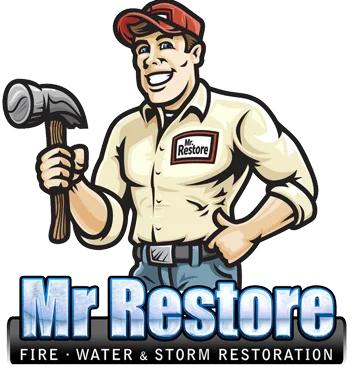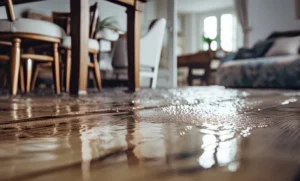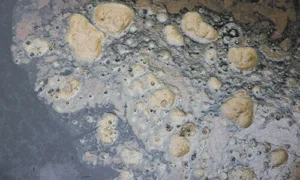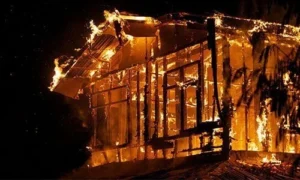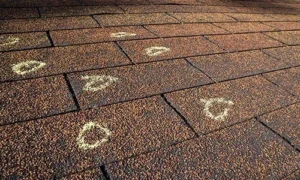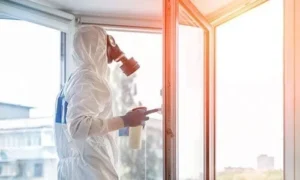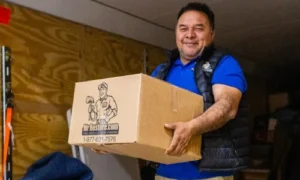In disaster-prone regions like Texas and Oklahoma, preparing for emergencies isn’t just about having a plan—it’s about protecting what matters most. At Mr. Restore, we help families recover from fire and water damage across Dallas, Fort Worth, Amarillo, and Oklahoma City. But one common mistake we see? Misplacing important items in safety deposit boxes that aren’t accessible when you need them most.
Here are three things you should never store in a safety deposit box if you want to be prepared for emergencies like floods, fires, and severe storms:
1. Cash
Storing cash in a safety deposit box might seem secure, but it’s one of the worst places to keep it in an emergency.
- Limited access: Banks close on nights, weekends, holidays, and during local disasters.
- No FDIC protection: Unlike funds in a checking or savings account, cash in a deposit box isn’t federally insured.
- Inflation risk: Stored cash loses value over time.
- Against bank policy: Many banks prohibit storing cash in deposit boxes altogether.
Better alternative: Keep funds in a bank account or an accessible, fireproof home safe.
2. Spare House Keys
Keeping a spare key in your deposit box defeats its purpose during a crisis. If your home is damaged or inaccessible, you won’t be able to retrieve it.
- You need your key to access your box.
- Banks may be closed after disasters.
- If your home is compromised, your backup is unreachable.
Better alternative: Give a spare key to a trusted neighbor or family member, or use a secure lockbox.
3. Original Insurance Policies
While it’s okay to store a copy of an insurance policy in your deposit box, the original should be easily accessible.
- You may need it immediately after an event like a house fire or flood.
- Paper copies at home risk water or fire damage.
Better alternative: Store copies in:
- A fireproof home safe
- A secure cloud backup
- With a trusted relative
Smart Storage Alternatives for Emergency Planning
What to keep in a safety deposit box:
- Birth certificates
- Social security cards
- Jewelry
- Legal documents you don’t need often
What to keep in a fireproof safe at home:
- Insurance policies
- Emergency contacts
- Backup credit cards
- Flash drives with digital copies of records
Mr. Restore’s Local Tip:
If you’re preparing for fire season, hurricane season, or unexpected flooding in Dallas, Amarillo, Fort Worth, or OKC, review where you’re storing critical items. Don’t let limited access delay your response during a crisis.
And if disaster strikes, Contact Mr. Restore for fast, professional recovery services. With over 50 years of experience, we respond within 60 minutes to help you restore your home and peace of mind.
Need help after water or fire damage? Contact Mr. Restore today for 24/7 emergency restoration service.
FAQs
Q: Should I store important items in a home safe or safety deposit box?
A: Both are useful. Use a home safe for frequently needed or emergency items, and a safety deposit box for irreplaceable but less time-sensitive documents.
Q: What happens to deposit boxes during natural disasters?
A: Banks may be closed, making it impossible to access your box when you need it most. That’s why redundancy is key.
Q: Is it okay to store digital backups in the cloud?
A: Yes, cloud storage adds an extra layer of accessibility and protection from physical damage.
